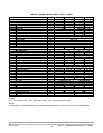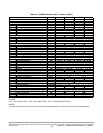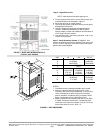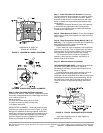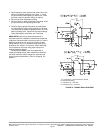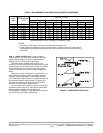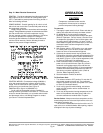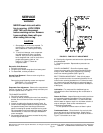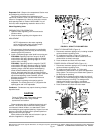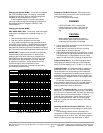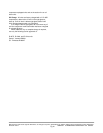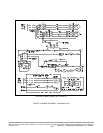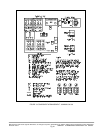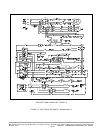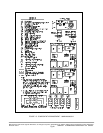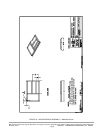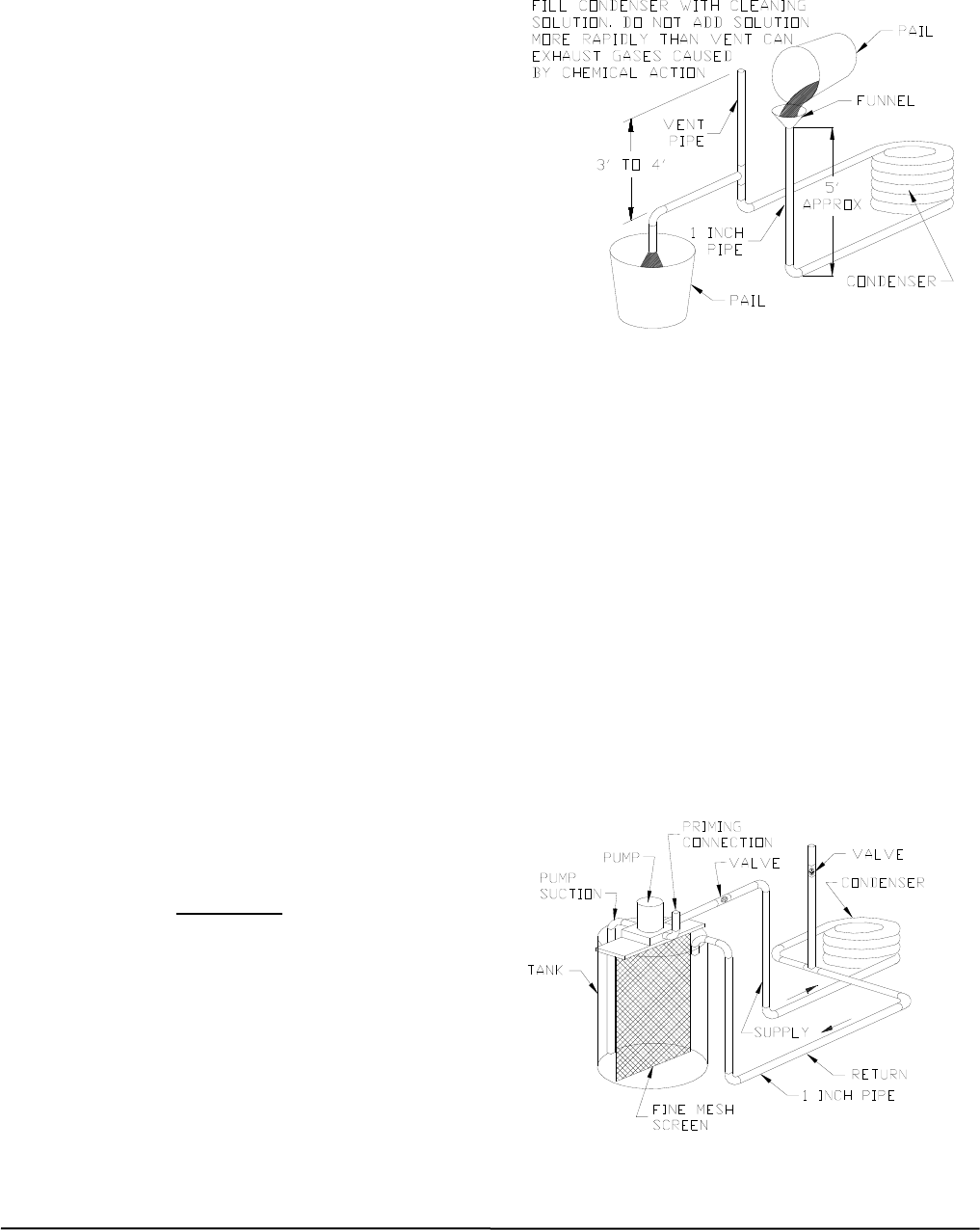
Evaporator Coil - Observe fan compartment Caution note
at the beginning of the Service section.
Remove dirt and debris from evaporator coil as
required by condition. Clean coil with a stiff brush, vacuum
cleaner or compressed air. Use a fin comb of the correct
tooth spacing (Refer to Tables 1A/B/C/2A/B/C for coil
fins/inch) when straightening mashed or bent coil fins.
Water Regulating Valve
PREPARATION FOR OPERATION.
1. Open the water regulating valve inlet and outlet
isolation valves.
2. Close the water regulating valve bypass valve.
ADJUSTMENT
NOTE: Adjustments to the water regulating
valve must be made slowly, allowing ample
time for response and stabilization.
1. The compressor discharge pressure is controlled by
the water regulating valve and may be monitored by
observing liquid line pressure.
2. Install a calibrated gauge at the liquid line service port.
FOR 90MA: Operating liquid line range for R-407C
units is 200 to 215 psig, operating range for R-404A
units is 240 to 260 psig, operating range for R-134a
units is 122 to 130 psig.
FOR 90MU : Operating liquid line range for R-407C
units is 265 to 285 psig, operating range for R-404A
units is 290 to 315 psig, If pressure reading is below
operating range, rotate the square head adjusting
screw counterclockwise; this will increase spring
tension, decrease water flow and increase pressure.
If pressure reading is above operating range, rotate the
square head adjusting screw clockwise; this will
decrease spring tension, increase water flow and
decrease pressure.
3. Only the water regulating valve opening point is
adjustable. The closing point is 3 to 7 psig below the
opening point and is non-adjustable.
Condenser - Condensers may require cleaning of water-
deposited scale.
CAUTION
Follow all Safety codes. Wear safety glasses
and rubber gloves when using inhibited
hydrochloric acid solution.
Clean condensers with an inhibited hydrochloric acid
solution. The acid can stain hands and clothing, attack
concrete and, without inhibitor, can attack steel. Cover
surroundings to guard against splashing. Vapors from vent
pipe are not harmful, but take care to prevent liquid from
being carried over by the gases.
Warm solution acts faster, but cold solution is just as
effective if applied for a longer period.
FIGURE 9 - GRAVITY FLOW METHOD
GRAVITY FLOW METHOD (Figure. 9) -
1. Disconnect condenser piping at unit, including isolation
valves and water regulating valve.
2. Fill condenser as shown in figure 9. Follow acid
manufacturer's instructions. When condenser is full,
allow solution to remain overnight
3. Drain condenser and flush with clean water.
FORCED CIRCULATION METHOD (Figure. 10) -
1. Disconnect condenser piping at unit, including isolation
valves and water regulating valve.
2. Fill system as shown in figure 10. Follow acid
manufacturer's instructions. Fully open vent pipe when
filling system. The vent may be closed when system is
full and pump is operating.
3. Regulate flow to condenser with a supply line valve. If
pump is a non-overloading type, the valve may be fully
closed while pump is running. For average scale
deposit, allow solution to remain in condenser
overnight. For heavy scale deposit, allow 24 hours.
4. Drain condenser and flush with clean water.
FIGURE 10 - FORCED CIRCULATION METHOD
Manufacturer reserves the right to discontinue, or change at any time, specifications or designs without notice and without incurring obligations
Printed in U.S.A. 90MA-3SI SUPERCEDES FORM 62-02971-00 09-2009
Pg 14



